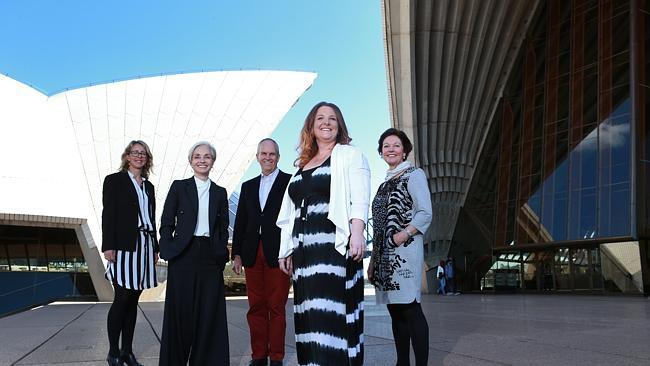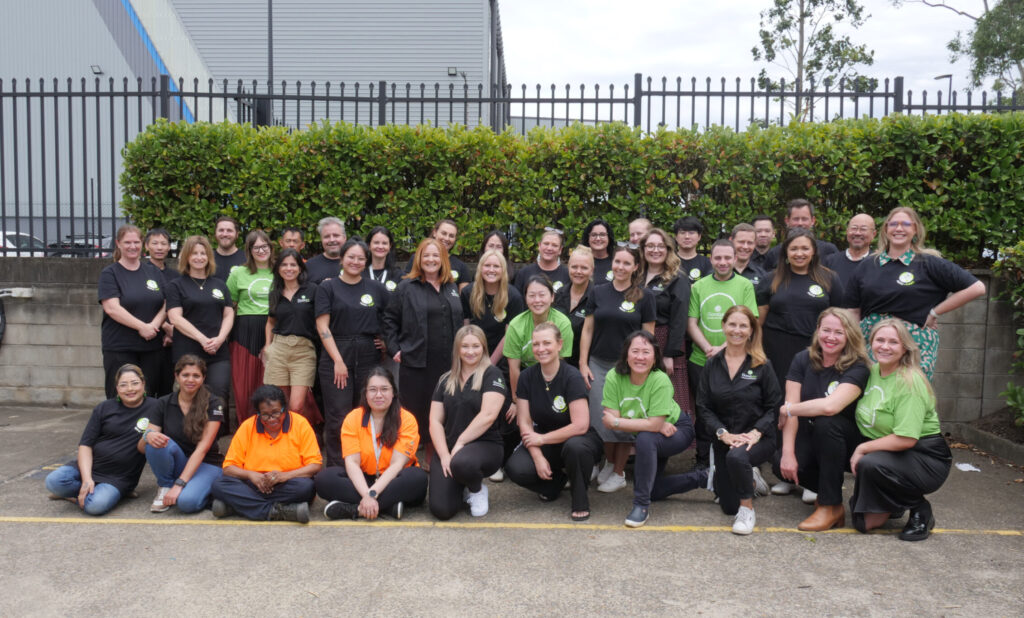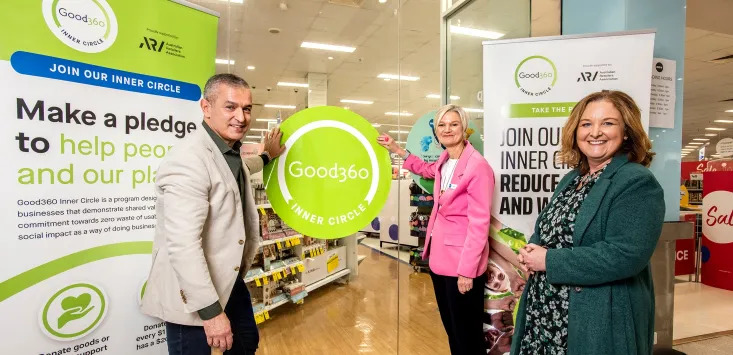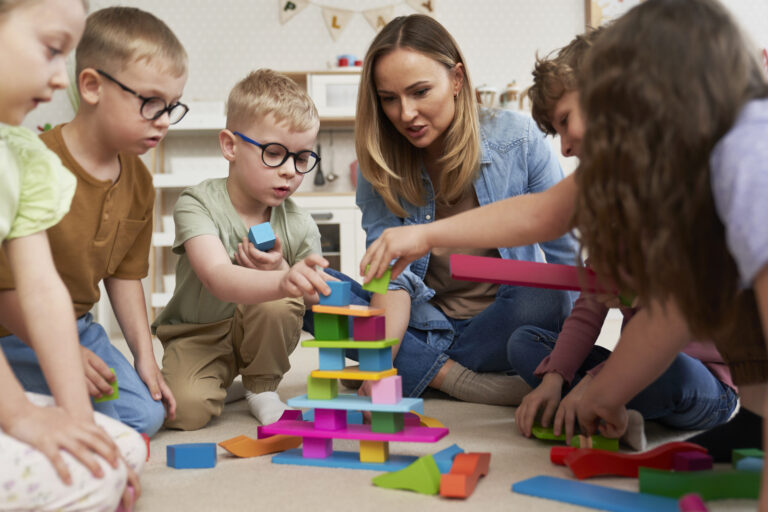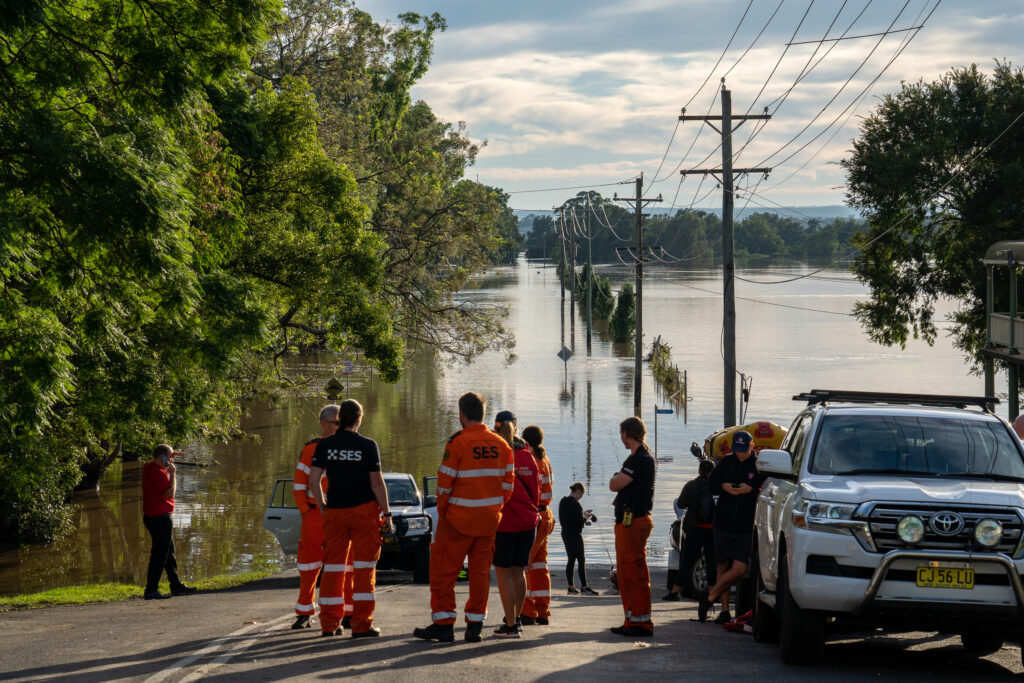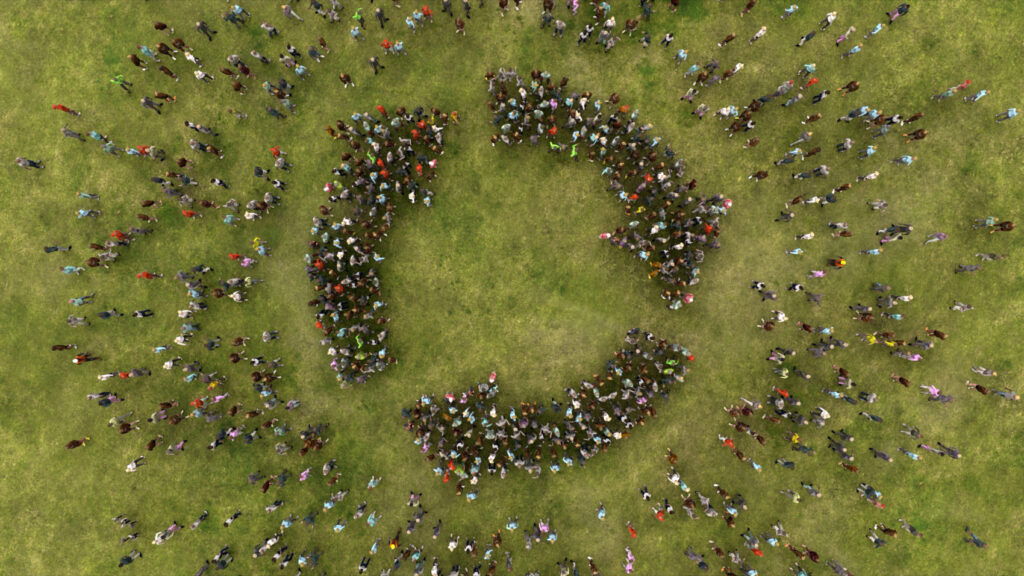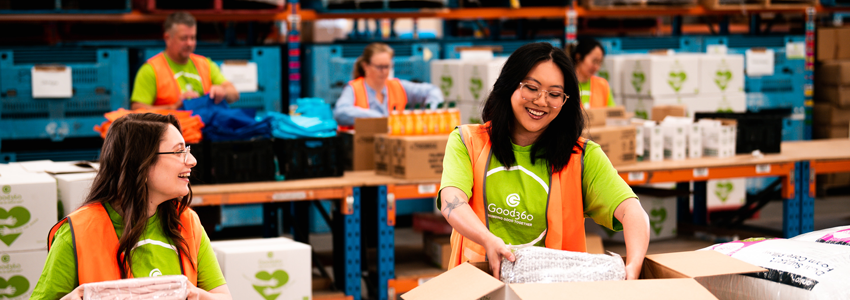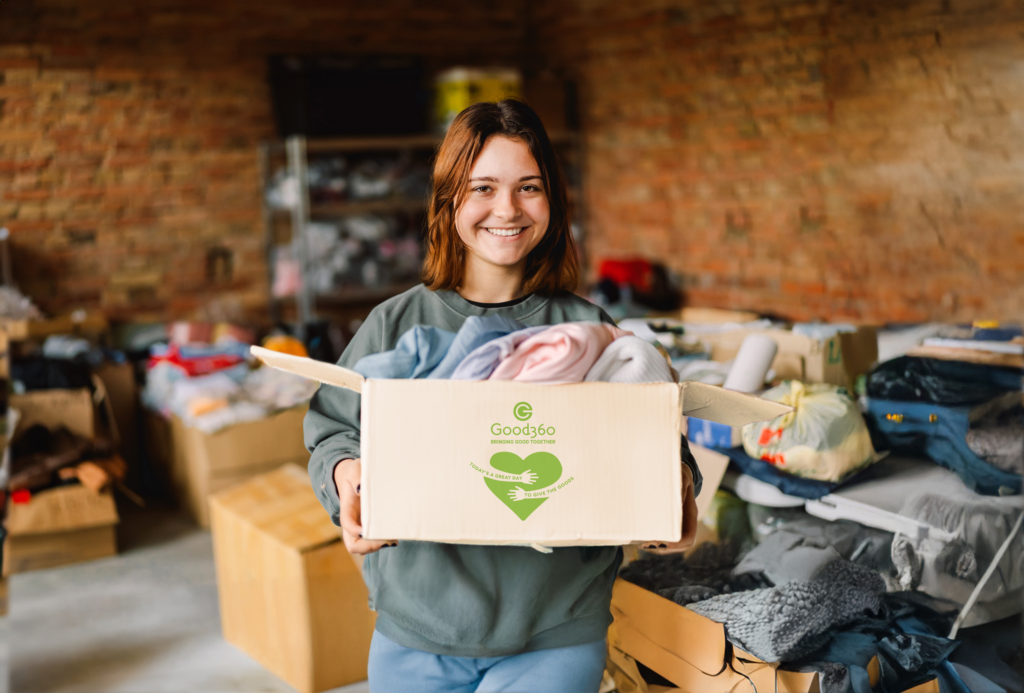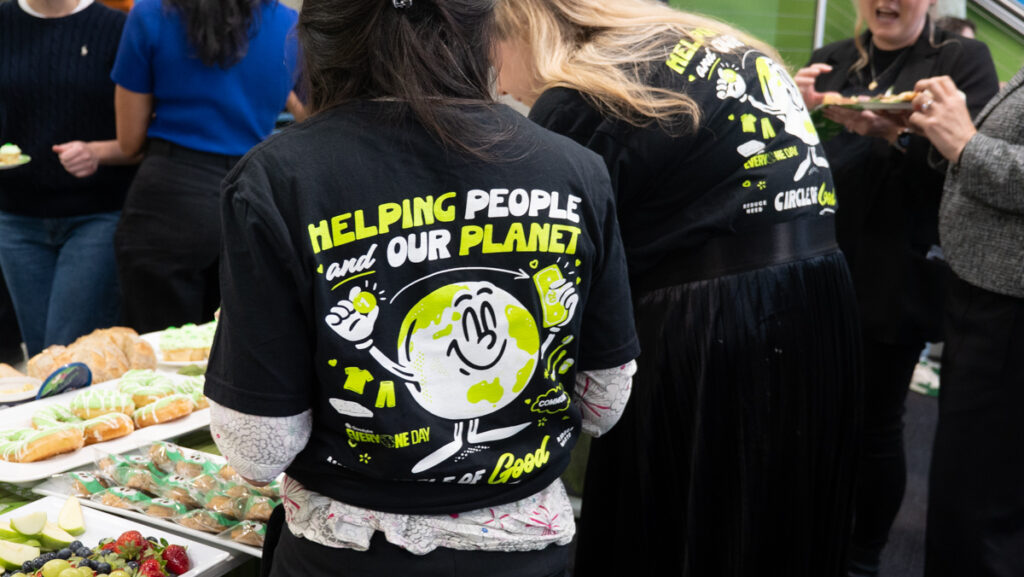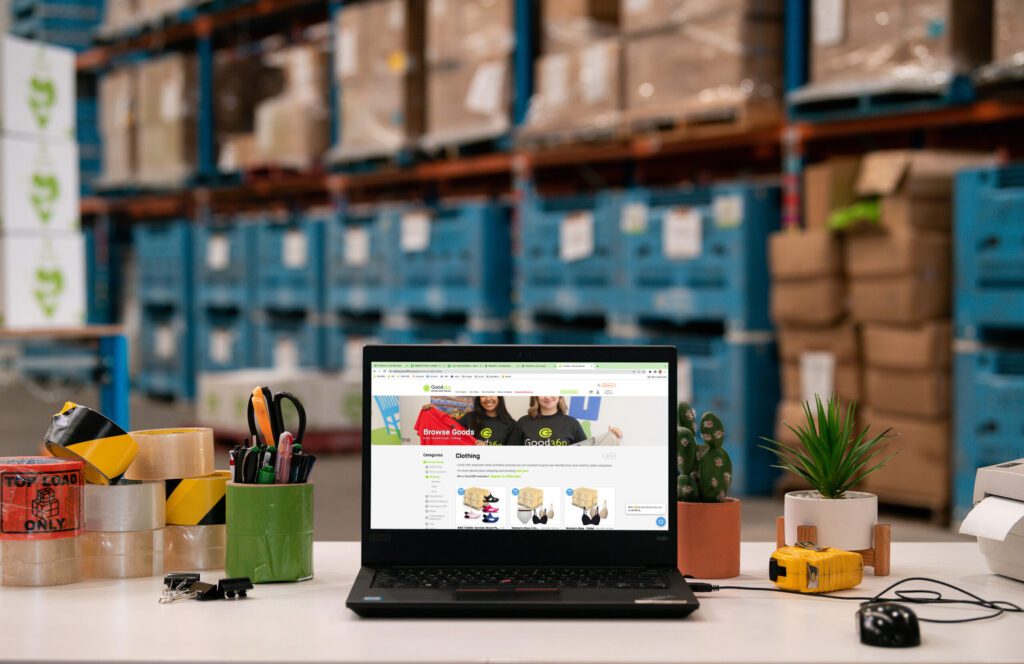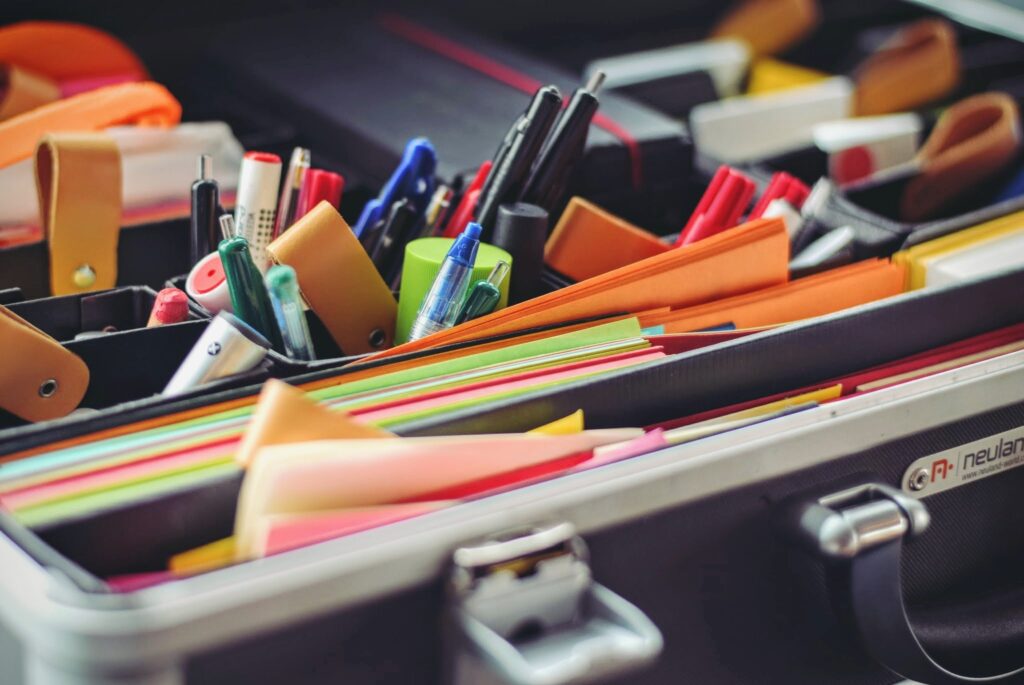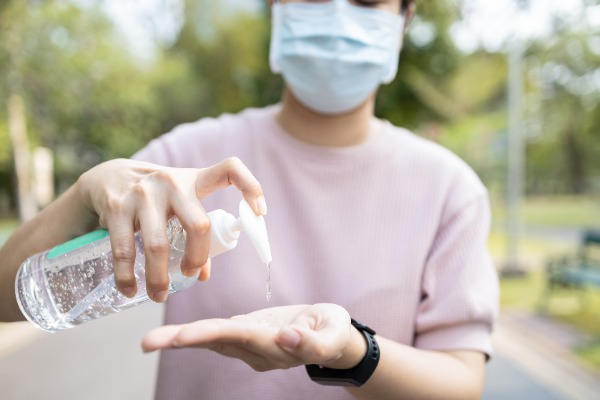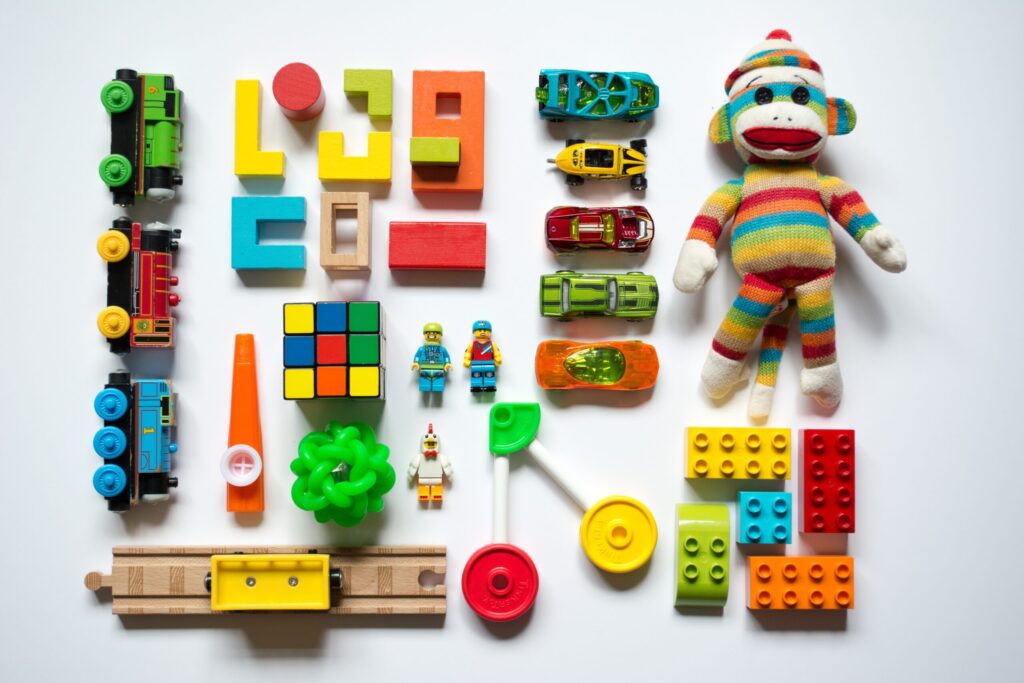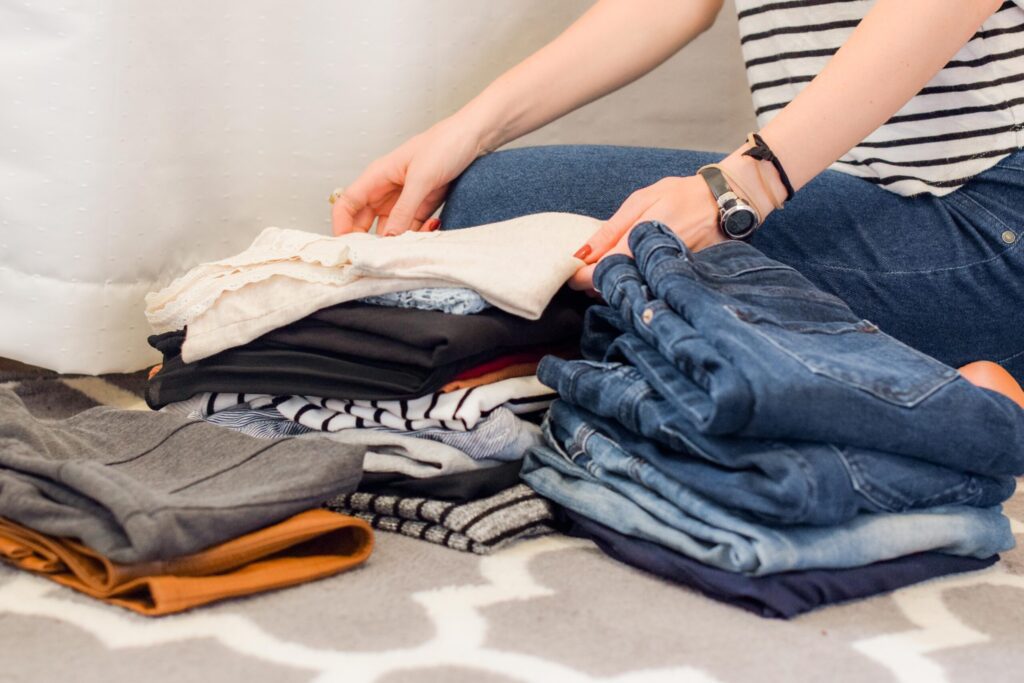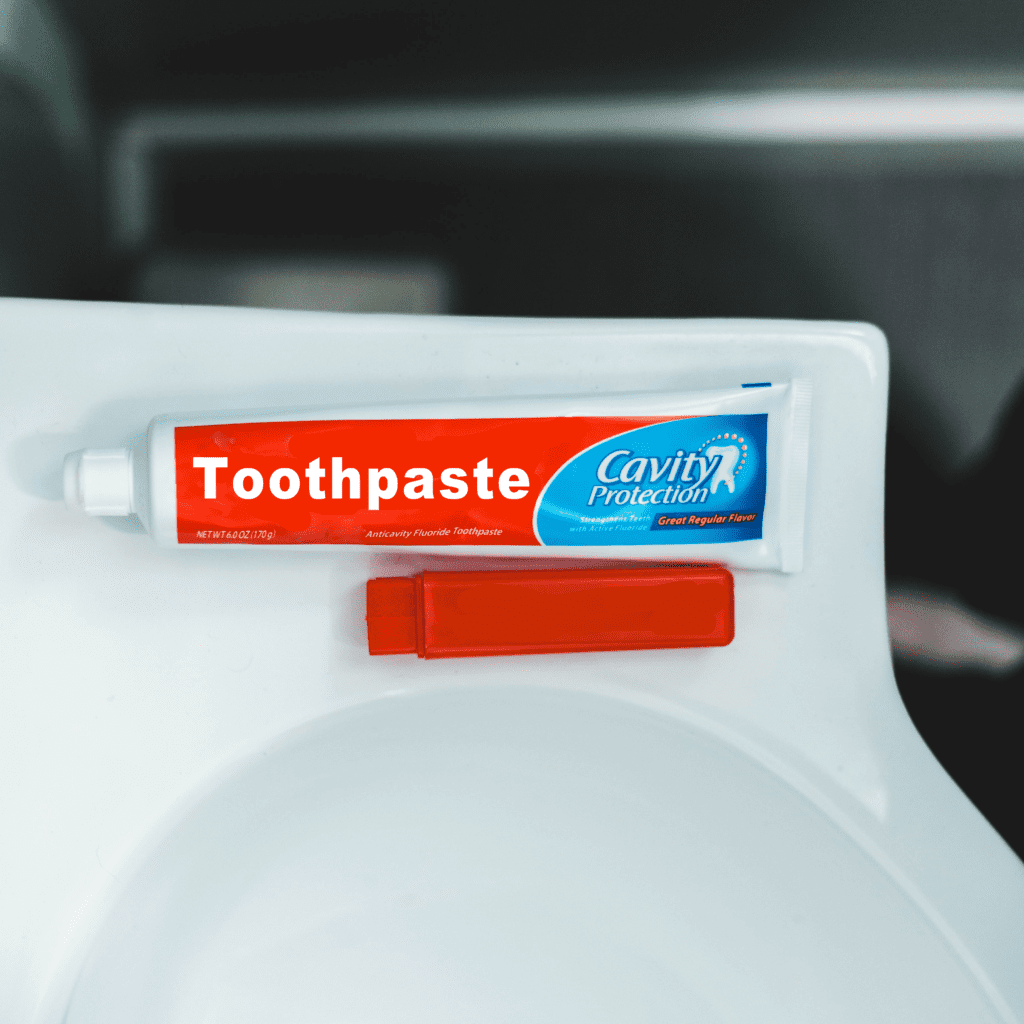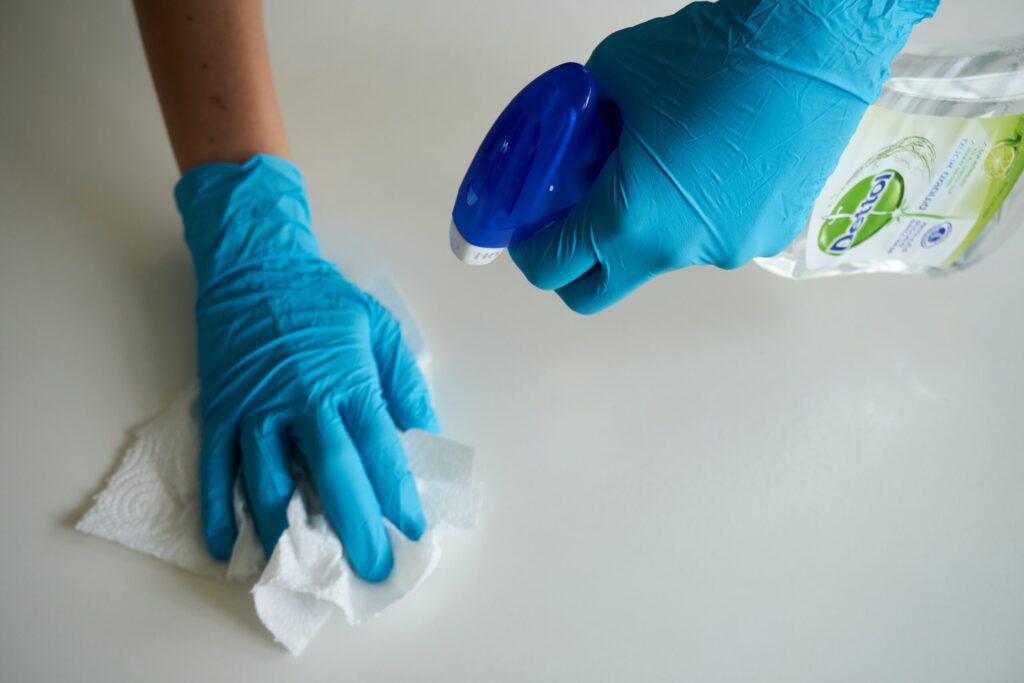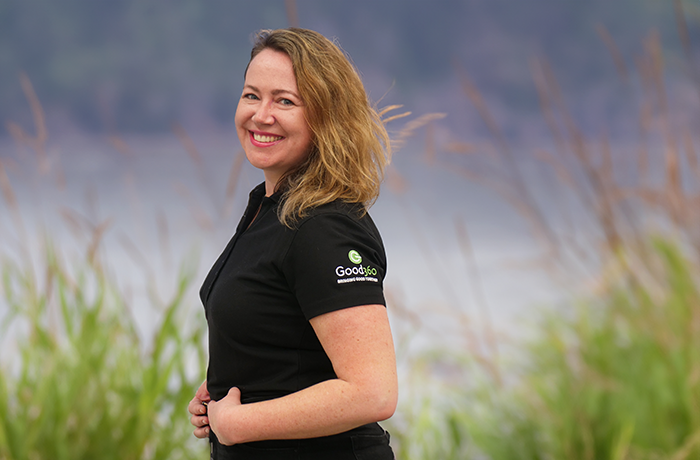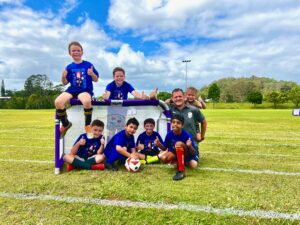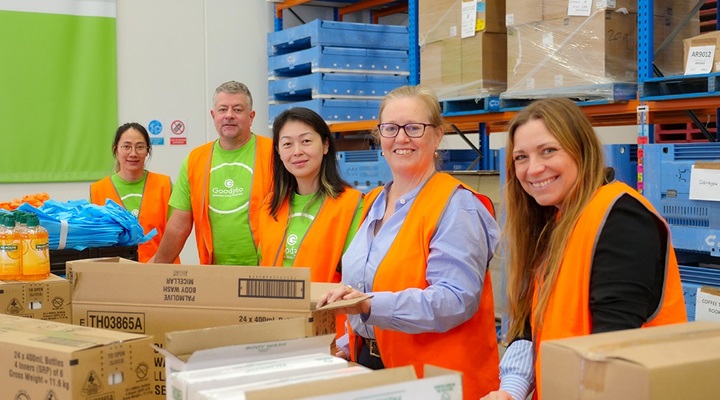Hayley Moffiet is a purpose-driven circular economy strategist and sustainability leader who is passionate about creating cross-sector partnerships and collaborations to deliver long-term sustainable solutions that are good for both people and our planet.
Hayley’s desire to make a positive impact on the world has transitioned her from nearly two decades in the banking sector to Head of Sustainability at Good360 Australia. After years of volunteering with us we are grateful to have Hayley on board to bolster our partnerships with businesses wanting to make a difference. Read about Hayley and her journey with Good360 below.
When did you start at Good360?
I started with Good360 as a skilled volunteer in 2018 and joined the team in April 2022.
I am super passionate about the work Good360 does to reduce both societal needs and business waste – helping both people and our planet.
What is the key focus of your role as Head of Sustainability?
The key focus of my role is threefold:
- Externally – I am partnering with Australian businesses to support them on their sustainability journeys by providing them with structured programs and solutions to support them towards their environmental and social sustainability impact goals, such as zero waste of usable goods and community impact.
- Externally – I am collaborating with organisations across sectors to advocate for the systems-wide changes needed to support a just transition towards a Circular Economy that considers social inclusion as a key priority.
- Internally – I am creating our first Good360 People & Planet sustainability plan, reviewing our own internal operations and practices, setting our own metrics, baselines, and goals for environmental, social, and economic sustainability- while engaging all staff in this process.
Why are you passionate about circular economy & sustainability?
I believe transitioning to a Circular Economy is a national and global imperative to ensure we have a sustainable future for both people and our planet, for generations to come.
We need to urgently rethink and re-adjust our lifestyles and rapidly move away from an extractive linear ‘take, make dispose’ model, transforming to a more circular model (eliminating waste and pollution, circulating products and materials at highest value and regenerating nature) as a key priority to stop depleting Earth’s natural resources, drastically reduce landfill and to achieve Australia’s commitments in reducing GHG emissions by 43% by 2030 and net zero by 2050.
With 45% of emissions coming from manufacturing of everyday items, moving to a circular economy is also key towards decarbonization and creating a nature positive future for us all.
Beyond a circular economy, we also need to consider that all natural living systems are interconnected and recognise that humans are a part of an inextricably linked dynamic ’Web of Life’. We are not separate from nature and all of our collective actions matter.
I am passionate about protecting our lands, water and biodiversity and believe a sustainable future is a regenerative future; whereby we regenerate faster than we deplete Earth’s precious natural resources. There is much we can learn from indigenous First Nations cultures and practices of how to connect and look after Country, so that Country can also look after us.
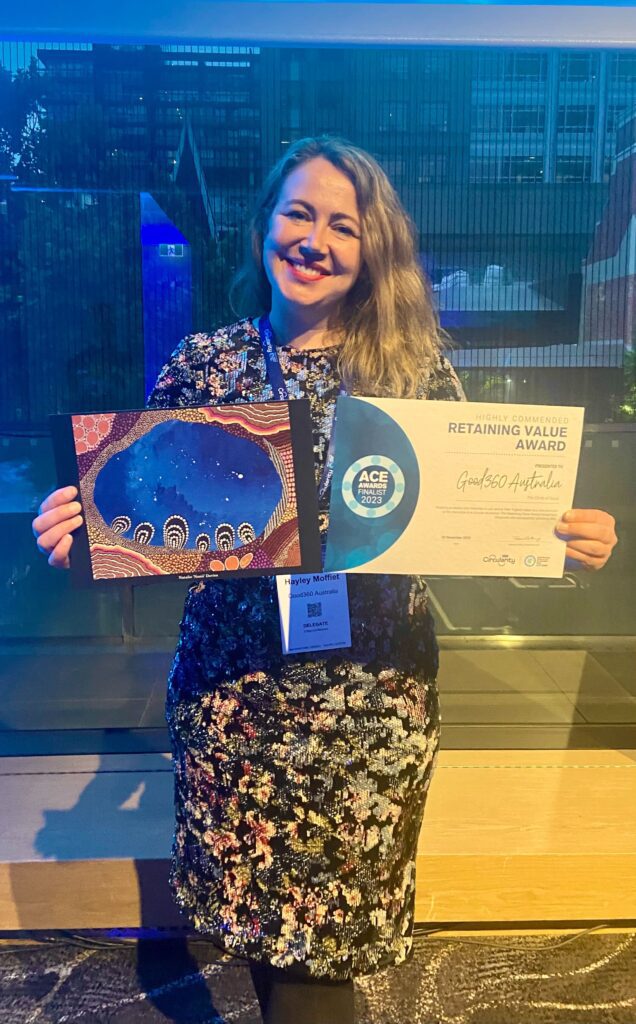
Why is it important that businesses and organisations have a sustainability plan?
Where possible, it is important for businesses to have a sustainability plan to help provide a clear roadmap for achieving long term environmental, social, and economic goals while documenting any strategies and actions to achieve those goals. By having clear and measurable goals, actions and transparent measurement allows businesses to understand where it is at on the sustainability journey and support communicating this progress with all stakeholders including shareholders, investors, customers, and staff. While having a sustainability plan is important, what is most important is taking a systems approach and making meaningful action towards stated goals – Good360 provides one simple solution for businesses to achieve some of their key environmental and social impact outcomes at scale, however, no one business or organisation can solve all of these complex challenges alone – so partnerships and collaborative action is key!

What kind of sustainability practices Good360 is incorporating into their operations?
We are analysing our scope 1 & 2 GHG emissions from transport, logistics and warehouse operations and the team is coming up with initiatives to reduce our carbon footprint and researching product life-cycles along with scope 3 emissions across the 10 non-food product categories to influence upstream supply chains, where possible, to connect surplus with need in the broader ecosystem.
We are also reviewing where we are using materials & packaging in our warehouse and looking for alternatives – examples include reusing boxes from our corporate partners and donors instead of buying new, this reduces waste and saves on costs.
How are you educating the Good360 team on sustainability?
There are three main ways sustainability is becoming embedded across our organisation:
- We have an internal informal communication channel where all staff can share sustainability insights, news, and knowledge on related topics.
- Our Good360 People and Planet working group includes team members across the organisation who meet fortnightly to progress on our sustainability plan, prioritise key initiatives and take action towards our sustainability goals.
- Sustainability is a key focus for our quarterly Town Halls, in this forum we also presented the results from our first internal People & Planet staff survey to demonstrate where we are going well and where we have more work to do, across Environmental, Social and Economic areas.
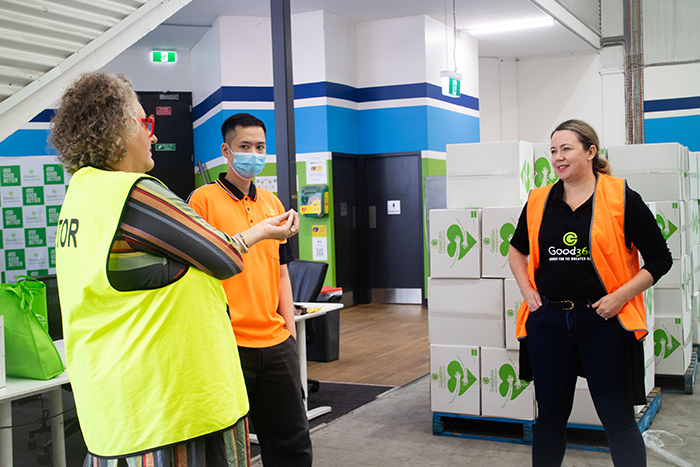
How are we supporting our partners towards Zero Waste and Social Impact?
- Good360 are partnering with Australian Retailers Association and advocating for a Circular Economy, Towards Zero Waste as a part of the ARA’s Net Zero roadmap for Australian Retail Industry.
- We are working with other industry partners such as Charitable Recycling Australia, Government agencies and Circular Australia, to progress on key CE and product stewardship initiatives and address areas requiring policy & legislation changes at National, State and Local levels – to ensure all products have a meaningful first life and no usable products go to waste.
- We are also working with our corporate partners to embed product donations and purposeful giving to Good360 as a way of doing business – ensuring all usable goods have a first life and do not go to waste! Businesses can also generate positive social impact as seen through our thousands of impact stories.
What is your advice to other NFPs if they are beginning to think about a sustainability plan?
The first step is to simply start.
List out the key areas you would like to address and bring together a team to help drive each initiative.
Some ideas could be – switching to eco-friendly products, moving to digital where possible to save on paper, reduce, reuse & recycle products and packaging, adopting green non-toxic cleaning products, utilising energy efficient lighting, switching off appliances when not in use.
The aim is to take some meaningful action without overwhelming the organisation.
There are many great resources now available to help simplify the process for NFPs of all sizes. If you would like to learn more, please reach out!
Read more about Good360 Australia’s sustainability efforts here. To contact Hayley directly, please email hayley@good360.org.au or via LinkedIn.

